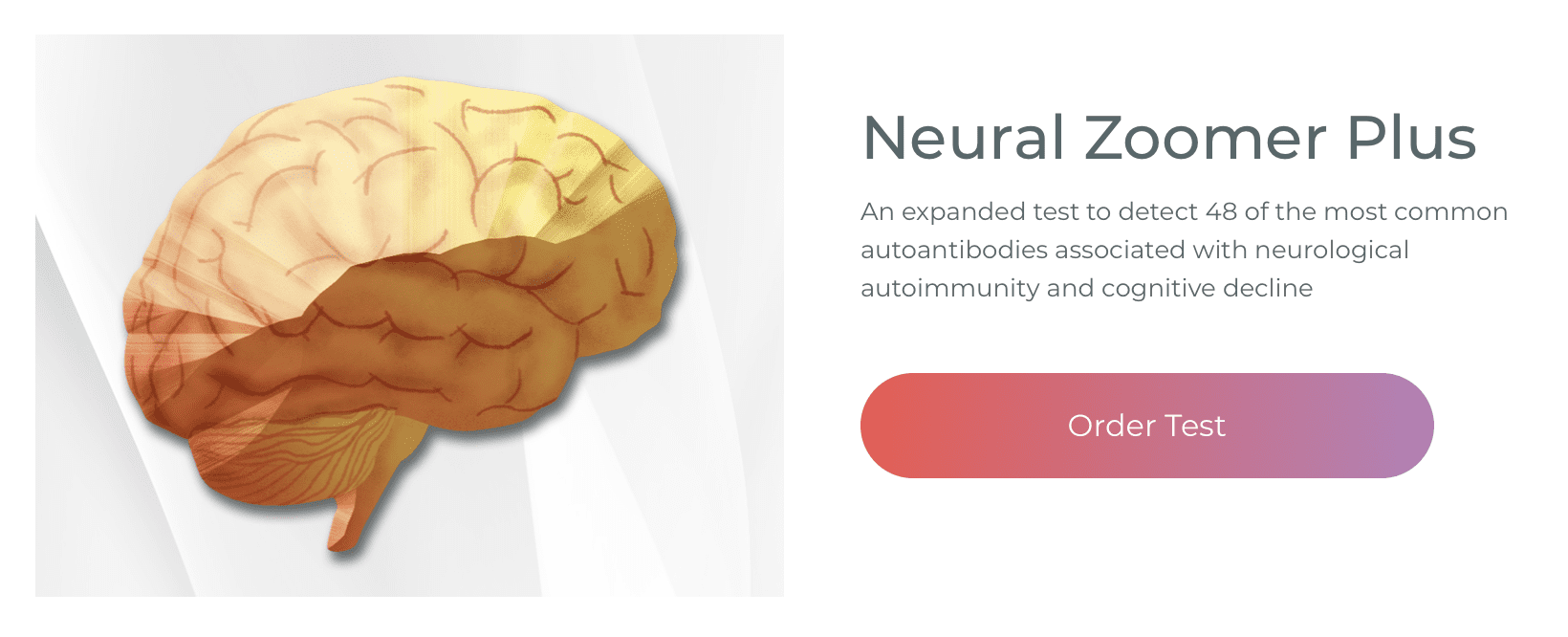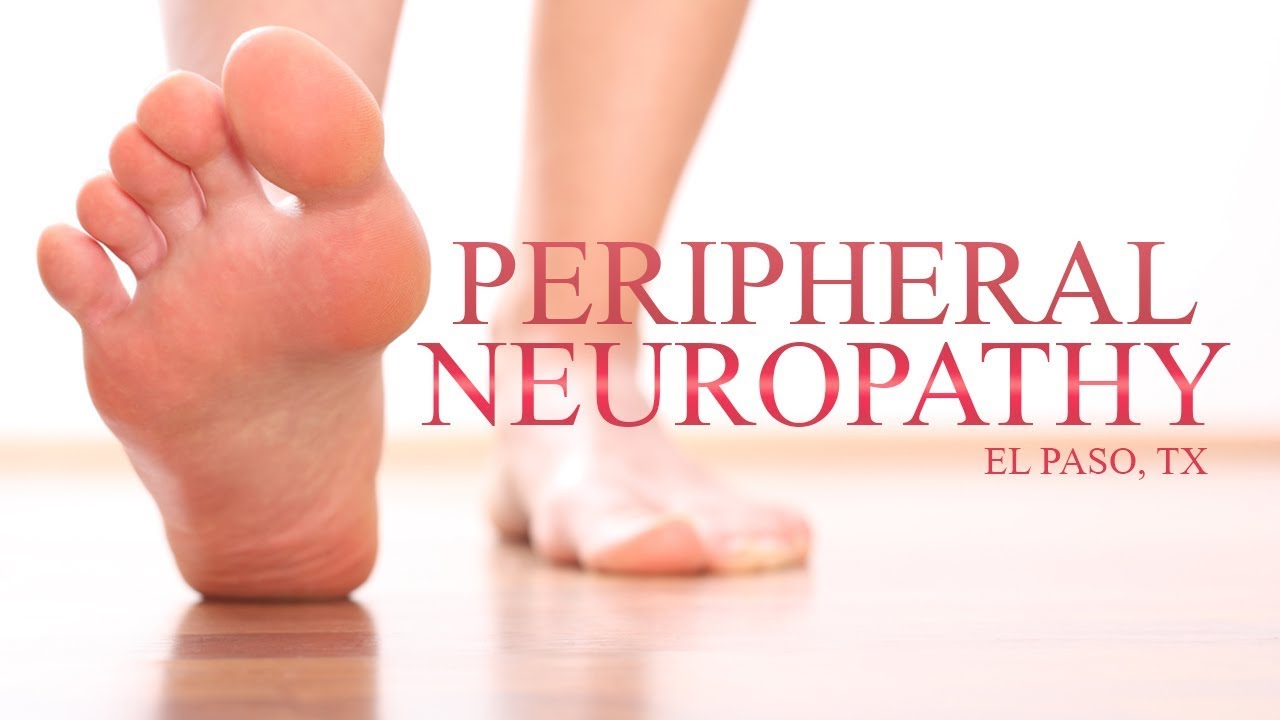Hyperthyroidism, or an overactive thyroid, is a health issue that causes the thyroid gland to produce excess amounts of hormones. The thyroid gland is a butterfly-shaped organ found in the center of the neck which releases hormones, such as triiodothyronine (T3) and tetraiodothyronine (T4), that regulate breathing, heart rate, temperature, and metabolism, among other bodily functions. Hyperthyroidism can cause bodily functions to speed up which may result in a variety of symptoms, including irregular heartbeat and weight loss. In the following article, we will discuss hyperthyroidism or an overactive thyroid.
Table of Contents
What are the Causes of Hyperthyroidism?
The thyroid gland produces hormones, such as triiodothyronine (T3) and thyroxine or tetraiodothyronine (T4), which control nearly all cells and tissues in the human body. These two primary thyroid hormones regulate heart rate, temperature, and metabolism or the rate at which carbohydrates and fats are used to produce energy. The thyroid gland also releases a hormone that regulates calcium, or calcitonin, in the bloodstream. The thyroid gland generally produces and releases the right amount of hormones in the human body, however, a variety of health issues can cause hyperthyroidism or an overactive thyroid.
Graves’ disease is an autoimmune disorder that causes antibodies produced by the immune system to stimulate the thyroid gland to release excess amounts of hormones. This health issue is one of the most common causes of hyperthyroidism or an overactive thyroid. Graves’ disease is believed to be a genetic disorder that occurs more often in women than in men. Graves’ ophthalmopathy is a rare problem that can make a person’s eyeballs protrude beyond their normal protective orbits due to the swelling of the muscles behind the eyes. This health issue occurs more often in people who smoke.
Plummer’s disease is another type of hyperthyroidism that occurs when one or more adenomas of the thyroid gland produce excess amounts of thyroxine or tetraiodothyronine (T4). An adenoma can ultimately develop benign lumps which may enlarge the thyroid gland. Occasionally, the thyroid gland can become inflamed after pregnancy, generally due to an autoimmune disease or for unknown reasons. Inflammation of the thyroid gland can cause excess hormones to “leak” into the bloodstream. Thyroiditis, or inflammation of the thyroid gland, can cause pain and discomfort. Other causes of hyperthyroidism include:
- excess amounts of iodine
- tumors in the ovaries or testes
- tumors in the thyroid or pituitary gland
- excess amounts of T4 taken from medicines or supplements
What are the Symptoms of Hyperthyroidism?
Hyperthyroidism, or an overactive thyroid, can tremendously increase metabolic rate, also known as a hypermetabolic state. During a hypermetabolic state, people with hyperthyroidism, or an overactive thyroid, can experience increased heart rate and tremors. This health issue may also cause individuals to sweat a lot and develop heat sensitivity or intolerance. It can also cause more frequent bowel movements, weight loss, and irregular menstrual cycles in women. Moreover, the thyroid gland may become visibly swollen and the eyes may appear more prominent. Other symptoms of hyperthyroidism include:
- increased appetite
- nausea and vomiting
- irregular heartbeat
- fine, brittle hair
- hair loss
- itching
- weakness
- restlessness
- nervousness
- inability to concentrate
- difficulty sleeping
- breast development in men
According to healthcare professionals, the following symptoms of hyperthyroidism may ultimately require immediate medical attention, including:
- shortness of breath
- dizziness
- loss of consciousness
- fast, irregular heart rate
- atrial fibrillation or a dangerous arrhythmia
Furthermore, according to healthcare professionals, if hyperthyroidism is left untreated, it can also lead to a variety of complications, including:
- Red, swollen skin: Graves’ dermopathy is a health issue that affects the skin, causing redness and swelling, often on the shins and feet.
- Eye problems: Graves’ ophthalmopathy can cause bulging, red or swollen eyes, sensitivity to light, and blurred or double vision.
- Brittle bones: Hyperthyroidism, or an overactive thyroid, can cause weak, brittle bones, a problem known as osteoporosis. The strength of our bones is associated with our amount of calcium, however, excess amounts of hormones can affect your body’s ability to add calcium into your bones.
- Heart problems: Hyperthyroidism, or an overactive thyroid, can cause rapid heart rate, a heart rhythm disorder, known as atrial fibrillation, that increases the risk of stroke, and congestive heart failure, a condition in which the heart can’t circulate enough blood throughout the body.
- Thyrotoxic crisis: Hyperthyroidism, or an overactive thyroid, can also increase the risk of developing a thyrotoxic crisis, or a sudden intensification of symptoms which may lead to a fever, a rapid pulse, and even delirium. If a thyrotoxic crisis occurs, seek immediate medical attention.
What is the Diagnosis of Hyperthyroidism?
Hyperthyroidism, or an overactive thyroid, is diagnosed based on a patient’s symptoms through a physical evaluation and blood tests utilized to measure thyroid-stimulating hormone (TSH) and thyroid hormone levels. In addition, healthcare professionals may also decide to order diagnostic imaging scans, such as an ultrasound, of the thyroid gland to identify the presence of nodules as well as to determine if it has become inflamed or overactive.
What is the Treatment of Hyperthyroidism?
Hyperthyroidism, or an overactive thyroid, can be treated with antithyroid drugs/medications that affect the production of thyroid hormones. Radioactive iodine therapy may also be utilized to damage the cells and tissues that produce thyroid hormones. In rare cases, surgery may be utilized to remove part of or the entire thyroid gland. Treatment options will depend on the severity and underlying cause of symptoms. Doctors may also prescribe beta-blockers to block the effects of thyroid hormones. Hyperthyroidism, or an overactive thyroid, may also improve with proper diet and lifestyle modifications.

Thyroid dysfunction can ultimately cause a variety of health issues, including hyperthyroidism. Hyperthyroidism, or an overactive thyroid, is a health issue that causes the thyroid gland to produce excess amounts of hormones. The thyroid gland is a butterfly-shaped organ found in the center of the neck which releases hormones, such as triiodothyronine (T3) and tetraiodothyronine (T4), that regulate breathing, heart rate, temperature, and metabolism, among other bodily functions. Hyperthyroidism can cause bodily functions to speed up which may result in a variety of symptoms, including irregular heartbeat and weight loss. In the following article, we will describe hyperthyroidism, or an overactive thyroid, and discuss the causes, symptoms, diagnosis, and treatment.
Dr. Alex Jimenez D.C., C.C.S.T. Insight
Hyperthyroidism, or an overactive thyroid, is a health issue that causes the thyroid gland to produce excess amounts of hormones. The thyroid gland is a butterfly-shaped organ found in the center of the neck which releases hormones, such as triiodothyronine (T3) and tetraiodothyronine (T4), that regulate breathing, heart rate, temperature, and metabolism, among other bodily functions. Hyperthyroidism can cause bodily functions to speed up which may result in a variety of symptoms, including irregular heartbeat and weight loss. In the article above, we will discuss hyperthyroidism or an overactive thyroid.
The scope of our information is limited to chiropractic, musculoskeletal, and nervous health issues or functional medicine articles, topics, and discussions. We use functional health protocols to treat injuries or disorders of the musculoskeletal system. Our office has made a reasonable attempt to provide supportive citations and has identified the relevant research study or studies supporting our posts. We also make copies of supporting research studies available to the board and or the public upon request. To further discuss the subject matter above, please feel free to ask Dr. Alex Jimenez or contact us at 915-850-0900.
Curated by Dr. Alex Jimenez
References:
- Lights, Verneda, et al. “Hyperthyroidism.” Healthline, Healthline Media, 29 June 2016, www.healthline.com/health/hyperthyroidism.
- Mayo Clinic Staff. “Hyperthyroidism (Overactive Thyroid).” Mayo Clinic, Mayo Foundation for Medical Education and Research, 7 Jan. 2020, www.mayoclinic.org/diseases-conditions/hyperthyroidism/symptoms-causes/syc-20373659.
- Aleppo, Grazia. “Hyperthyroidism Overview.” EndocrineWeb, EndocrineWeb Media, 10 July 2019, www.endocrineweb.com/conditions/hyperthyroidism/hyperthyroidism-overview-overactive-thyroid.
Neurotransmitter Assessment Form
The following Neurotransmitter Assessment Form can be filled out and presented to Dr. Alex Jimenez. The following symptoms listed on this form are not intended to be utilized as a diagnosis of any type of disease, condition, or any other type of health issue.
Additional Topic Discussion: Chronic Pain
Sudden pain is a natural response of the nervous system which helps to demonstrate possible injury. By way of instance, pain signals travel from an injured region through the nerves and spinal cord to the brain. Pain is generally less severe as the injury heals, however, chronic pain is different than the average type of pain. With chronic pain, the human body will continue sending pain signals to the brain, regardless if the injury has healed. Chronic pain can last for several weeks to even several years. Chronic pain can tremendously affect a patient’s mobility and it can reduce flexibility, strength, and endurance.
Neural Zoomer Plus for Neurological Disease
Dr. Alex Jimenez utilizes a series of tests to help evaluate neurological diseases. The Neural ZoomerTM Plus is an array of neurological autoantibodies which offers specific antibody-to-antigen recognition. The Vibrant Neural ZoomerTM Plus is designed to assess an individual’s reactivity to 48 neurological antigens with connections to a variety of neurologically related diseases. The Vibrant Neural ZoomerTM Plus aims to reduce neurological conditions by empowering patients and physicians with a vital resource for early risk detection and an enhanced focus on personalized primary prevention.
Food Sensitivity for the IgG & IgA Immune Response
Dr. Alex Jimenez utilizes a series of tests to help evaluate health issues associated with a variety of food sensitivities and intolerances. The Food Sensitivity ZoomerTM is an array of 180 commonly consumed food antigens that offers very specific antibody-to-antigen recognition. This panel measures an individual’s IgG and IgA sensitivity to food antigens. Being able to test IgA antibodies provides additional information to foods that may be causing mucosal damage. Additionally, this test is ideal for patients who might be suffering from delayed reactions to certain foods. Utilizing an antibody-based food sensitivity test can help prioritize the necessary foods to eliminate and create a customized diet plan around the patient’s specific needs.
Gut Zoomer for Small Intestinal Bacterial Overgrowth (SIBO)
Dr. Alex Jimenez utilizes a series of tests to help evaluate gut health associated with small intestinal bacterial overgrowth (SIBO). The Vibrant Gut ZoomerTM offers a report that includes dietary recommendations and other natural supplementation like prebiotics, probiotics, and polyphenols. The gut microbiome is mainly found in the large intestine and it has more than 1000 species of bacteria that play a fundamental role in the human body, from shaping the immune system and affecting the metabolism of nutrients to strengthening the intestinal mucosal barrier (gut-barrier). It is essential to understand how the number of bacteria that symbiotically live in the human gastrointestinal (GI) tract influences gut health because imbalances in the gut microbiome may ultimately lead to gastrointestinal (GI) tract symptoms, skin conditions, autoimmune disorders, immune system imbalances, and multiple inflammatory disorders.
Formulas for Methylation Support
XYMOGEN’s Exclusive Professional Formulas are available through select licensed health care professionals. The internet sale and discounting of XYMOGEN formulas are strictly prohibited.
Proudly, Dr. Alexander Jimenez makes XYMOGEN formulas available only to patients under our care.
Please call our office in order for us to assign a doctor consultation for immediate access.
If you are a patient of Injury Medical & Chiropractic Clinic, you may inquire about XYMOGEN by calling 915-850-0900.
For your convenience and review of the XYMOGEN products please review the following link. *XYMOGEN-Catalog-Download
* All of the above XYMOGEN policies remain strictly in force.
Modern Integrated Medicine
The National University of Health Sciences is an institution that offers a variety of rewarding professions to attendees. Students can practice their passion for helping other people achieve overall health and wellness through the institution’s mission. The National University of Health Sciences prepares students to become leaders in the forefront of modern integrated medicine, including chiropractic care. Students have an opportunity to gain unparalleled experience at the National University of Health Sciences to help restore the natural integrity of the patient and define the future of modern integrated medicine.
Post Disclaimer
Professional Scope of Practice *
The information on this blog site is not intended to replace a one-on-one relationship with a qualified healthcare professional or licensed physician and is not medical advice. We encourage you to make healthcare decisions based on your research and partnership with a qualified healthcare professional.
Blog Information & Scope Discussions
Welcome to El Paso's Premier Wellness and Injury Care Clinic & Wellness Blog, where Dr. Alex Jimenez, DC, FNP-C, a board-certified Family Practice Nurse Practitioner (FNP-BC) and Chiropractor (DC), presents insights on how our team is dedicated to holistic healing and personalized care. Our practice aligns with evidence-based treatment protocols inspired by integrative medicine principles, similar to those found on this site and our family practice-based chiromed.com site, focusing on restoring health naturally for patients of all ages.
Our areas of chiropractic practice include Wellness & Nutrition, Chronic Pain, Personal Injury, Auto Accident Care, Work Injuries, Back Injury, Low Back Pain, Neck Pain, Migraine Headaches, Sports Injuries, Severe Sciatica, Scoliosis, Complex Herniated Discs, Fibromyalgia, Chronic Pain, Complex Injuries, Stress Management, Functional Medicine Treatments, and in-scope care protocols.
Our information scope is limited to chiropractic, musculoskeletal, physical medicine, wellness, contributing etiological viscerosomatic disturbances within clinical presentations, associated somato-visceral reflex clinical dynamics, subluxation complexes, sensitive health issues, and functional medicine articles, topics, and discussions.
We provide and present clinical collaboration with specialists from various disciplines. Each specialist is governed by their professional scope of practice and their jurisdiction of licensure. We use functional health & wellness protocols to treat and support care for the injuries or disorders of the musculoskeletal system.
Our videos, posts, topics, subjects, and insights cover clinical matters and issues that relate to and directly or indirectly support our clinical scope of practice.*
Our office has made a reasonable effort to provide supportive citations and has identified relevant research studies that support our posts. We provide copies of supporting research studies available to regulatory boards and the public upon request.
We understand that we cover matters that require an additional explanation of how they may assist in a particular care plan or treatment protocol; therefore, to discuss the subject matter above further, please feel free to ask Dr. Alex Jimenez, DC, APRN, FNP-BC, or contact us at 915-850-0900.
We are here to help you and your family.
Blessings
Dr. Alex Jimenez DC, MSACP, APRN, FNP-BC*, CCST, IFMCP, CFMP, ATN
email: coach@elpasofunctionalmedicine.com
Licensed as a Doctor of Chiropractic (DC) in Texas & New Mexico*
Texas DC License # TX5807
New Mexico DC License # NM-DC2182
Licensed as a Registered Nurse (RN*) in Texas & Multistate
Texas RN License # 1191402
ANCC FNP-BC: Board Certified Nurse Practitioner*
Compact Status: Multi-State License: Authorized to Practice in 40 States*
Graduate with Honors: ICHS: MSN-FNP (Family Nurse Practitioner Program)
Degree Granted. Master's in Family Practice MSN Diploma (Cum Laude)
Dr. Alex Jimenez, DC, APRN, FNP-BC*, CFMP, IFMCP, ATN, CCST
My Digital Business Card









